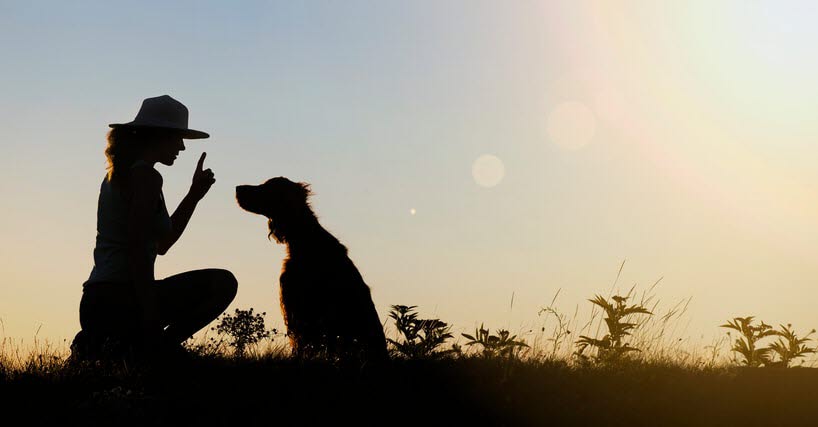Socialising your dog

Who doesn’t love socialising with their friends? Do you remember when you learnt how to socialise? It might seem like a strange question, but as children we all learnt how to interact with each other in a positive and socially acceptable way.
While some of us may be more charming than others, social skills are important in our society. Just like us, it’s important dogs are socialised early so they can become upstanding canine citizens. But what does socialising your dog look like?
Peak socialisation period
Dogs have a period in their lives called the ‘peak socialisation period’. This is the age when they are the most receptive to new ideas and before they start developing a fear of new things. The peak socialisation period in dog generally goes from three weeks of age to 17 weeks of age. During this period, dogs learn the most about the world and it’s important we harness this important period.
Puppy school
Not coincidently, puppy school occurs during the peak socialisation period. Puppy school is offered by many veterinary clinics and dog trainers and is an important component of your dog’s education. During puppy school, dogs can learn to interact positively with other dogs, learn basic commands and manners and start associating training with a positive experience. Training is lifelong, so setting your dog up with positive foundations via puppy school is an important step.
Training
Methods used to train your dog should always be force-free. Positive reinforcement is a technique where you reward good behaviour with treats or play. If you combine this method with ignoring bad behaviour (rather than punishment), you can quickly establish training as the positive activity it should be. Dog trainers can teach you how to train your dog using positive reinforcement, and there are plenty of videos and other resources online.
Socialising with other dogs
Dogs are generally gregarious creatures who enjoy the company of their own kind. However, if dogs don’t learn how to interact positively with other dogs during their peak socialisation period, they can become fearful or aggressive around them.
Interactions with other dogs should be positive, so it’s important that your puppy is exposed to other dogs in a controlled manner to avoid any mishaps. Puppy school and socialising with friendly, gentle adult dogs with complete vaccinations can provide the great start dogs need.
Exposure to new things
During the peak socialisation period, dogs should be exposed to a range of new, everyday things. Bicycles, prams, children, plastic bags, drains and grates, vacuum cleaners and brooms can all trigger fear in a dog that hasn’t been exposed to them previously.
Don’t flood your new dog with new experiences, but rather let them get comfortable with the object and reward their calm behaviour with treats. For assistance, contact a force-free dog trainer.
Older dogs
They say you can’t teach an old dog new tricks, but that couldn’t be further from the truth. Although it might take longer with older dogs, training can improve behaviour and sometimes completely remove the undesired response (e.g. fear of other dogs). Employing the services of a dog trainer and veterinarian with an interest in behaviour can often overcome any difficulties.
